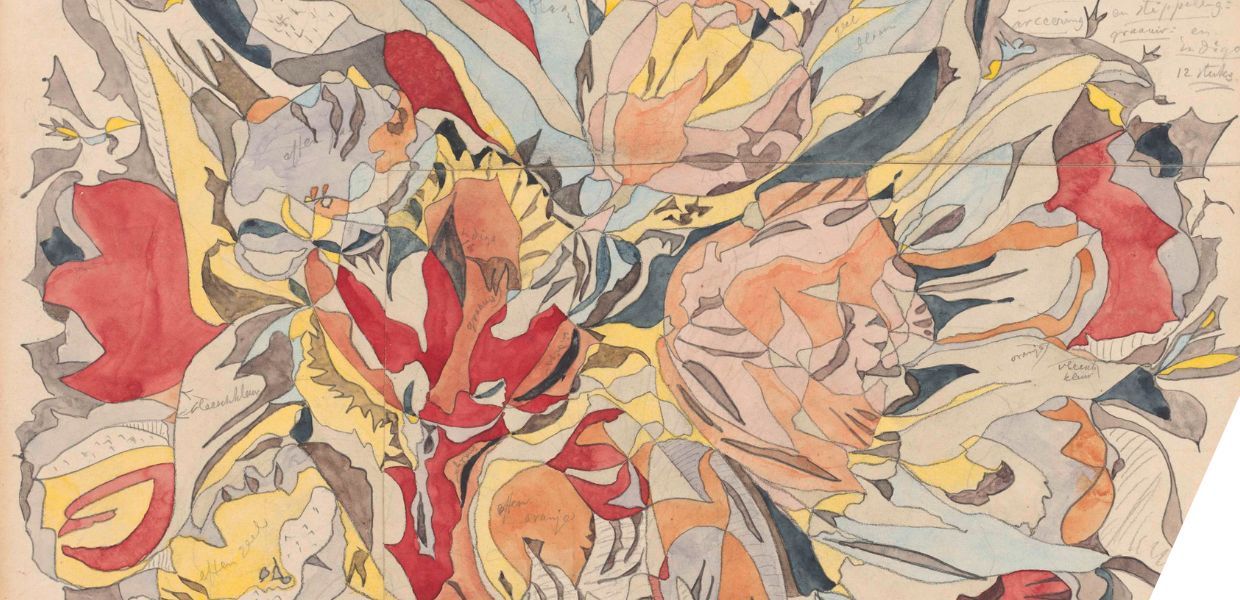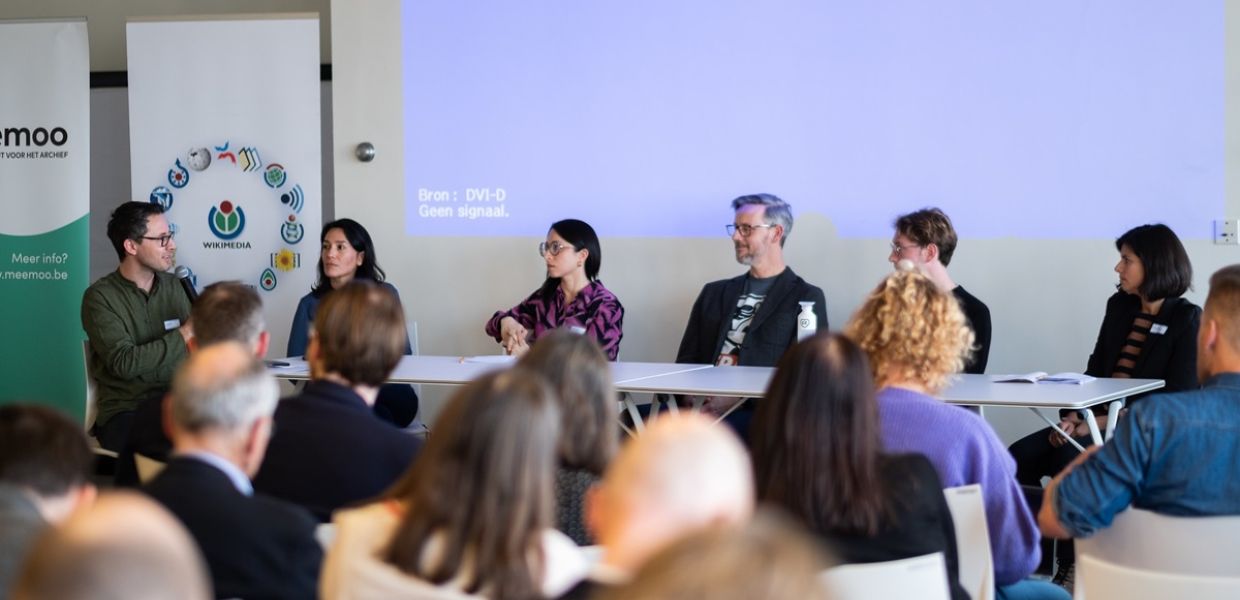The public domain and digital cultural heritage
The public domain represents materials that have never been or are no longer subject to copyright protection. Cultural heritage institutions host thousands and millions of materials that are in the public domain. Once digitised and made available to the public, magic can happen: no legal nor technological barriers stand in the way (in principle) of reusing works in creative efforts, in teaching or in research, for example.
The Europeana Initiative, through its Public Domain Charter and its Article 14 Task Force, defends certain principles and safeguards practices that reinforce the public domain.
The Public Domain Charter was developed by Europeana in 2010. It sought to encourage contributing cultural heritage institutions to maintain the public domain status of cultural heritage in the digital realm, in particular in Europeana.eu, and thus ensure that cultural heritage could be reused as widely as possible. It has since acted as a valuable non-binding policy statement for the Europeana Initiative.
Reviewing the Charter: join our event
While some of the challenges identified in the past remain today, others are no longer relevant and new ones have arisen. This leads to the need to re-evaluate the problem statement in the Public Domain Charter, and to take the time to see how well we, as a sector, are doing in respecting the principles expressed in the Charter.
Take part in this evaluation, by joining the Europeana Copyright Community's event on 20 June 2024, 14.00 - 15.00! Members of our Article 14 Task Force will share some initial conclusions and consult members of the network in order to gain additional insights into the sector's impressions and ideas. Register now.
International Public Domain Day
This is not the Copyright Community’s first Public Domain event of the year!
In March, we joined forces with our partners Creative Commons, meemoo, Communia Association, The Netherlands Institute for Sound and Vision and the National Library of Netherlands to celebrate International Public Domain Day celebration at the Royal Library of Belgium. International Public Domain Day is a yearly celebration that brings attention to the materials that enter the public domain every year. The event was attended online and offsite by cultural heritage practitioners, public domain advocates, academics and policy advisors from across Europe.
The morning sessions were led by our Belgian host, and focused on initiatives around safeguarding the public domain in Belgium. The event also offered an opportunity for Wikimedia Belgium to announce and present prizes to the winners of the 2023 Wiki Loves Monuments Photo contest.
Rich discussions and debates on the public domain
The afternoon kicked off with an inspirational keynote presentation by Paul Keller (Open Future), followed by a set of presentations that brought attention to current threats to the public domain. Connor Benedict (Creative Commons) referred to recent guidelines on how to nudge users to reference institutions when using public domain materials, without these institutions having to incorrectly use a licence to enjoy the ‘BY’ element; Douglas McCarthy flagged issues around the monetization of the public domain, and the limited revenue generated in comparison with the positive impact of open access; Giulia Dore (University of Trento) and Giulia Priora (NOVA School of Law) presented research conducted on behalf of Creative Commons on cultural heritage laws that raise barriers to the public domain; and Ariadna Matas (Europeana Foundation) joined the speakers for a debate on the current threads to the public domain, moderated by Bart Magnus (Meemoo).



